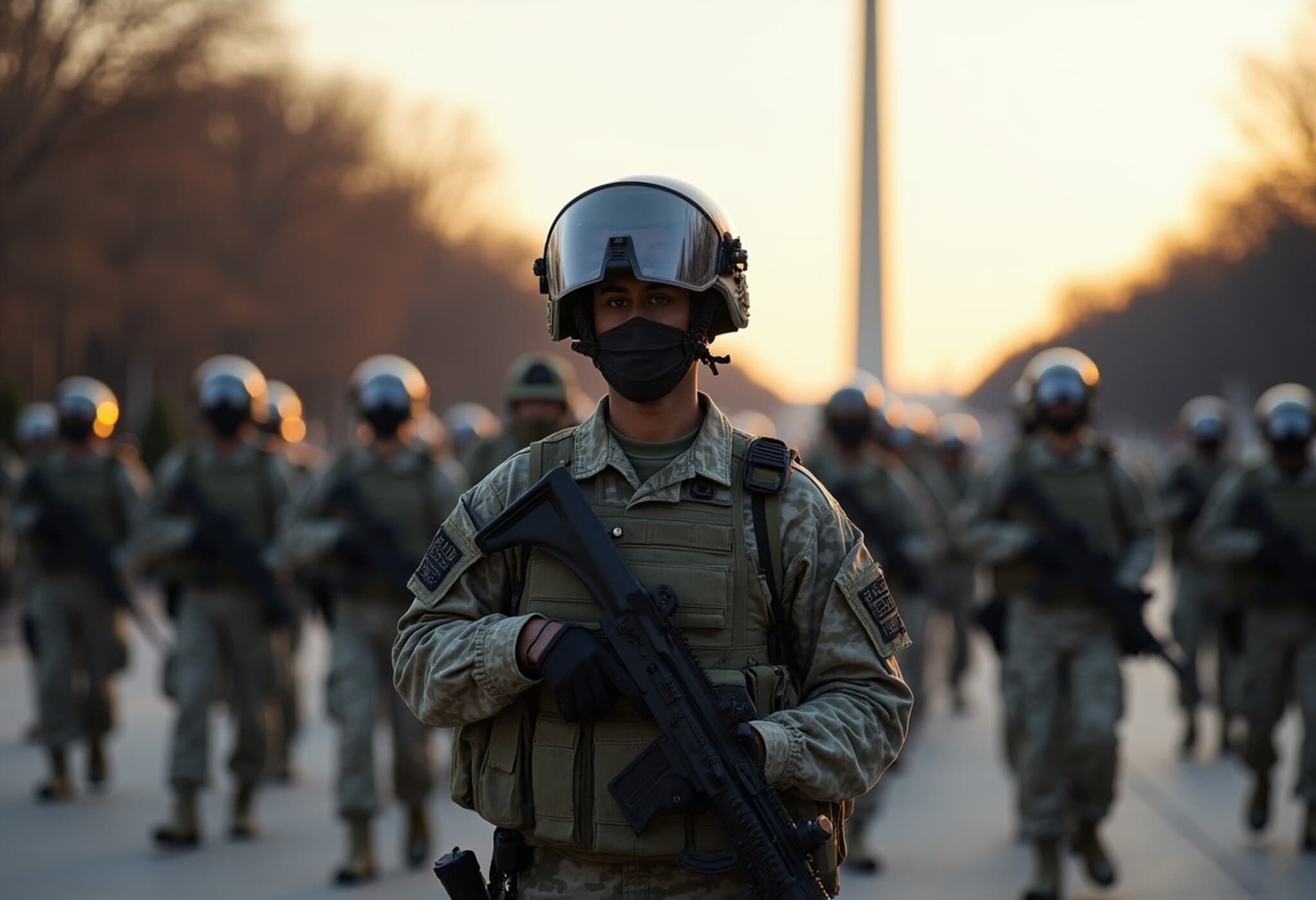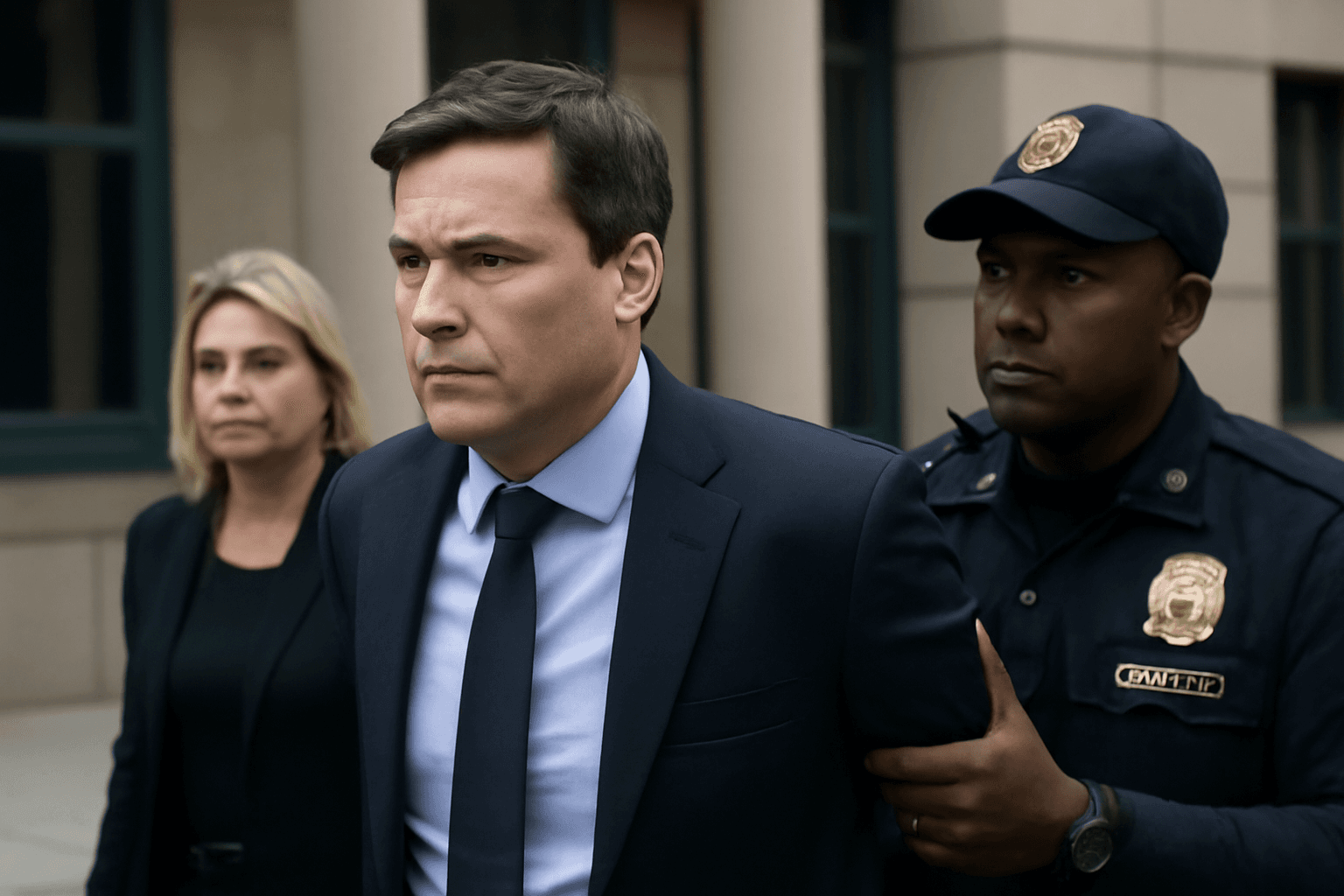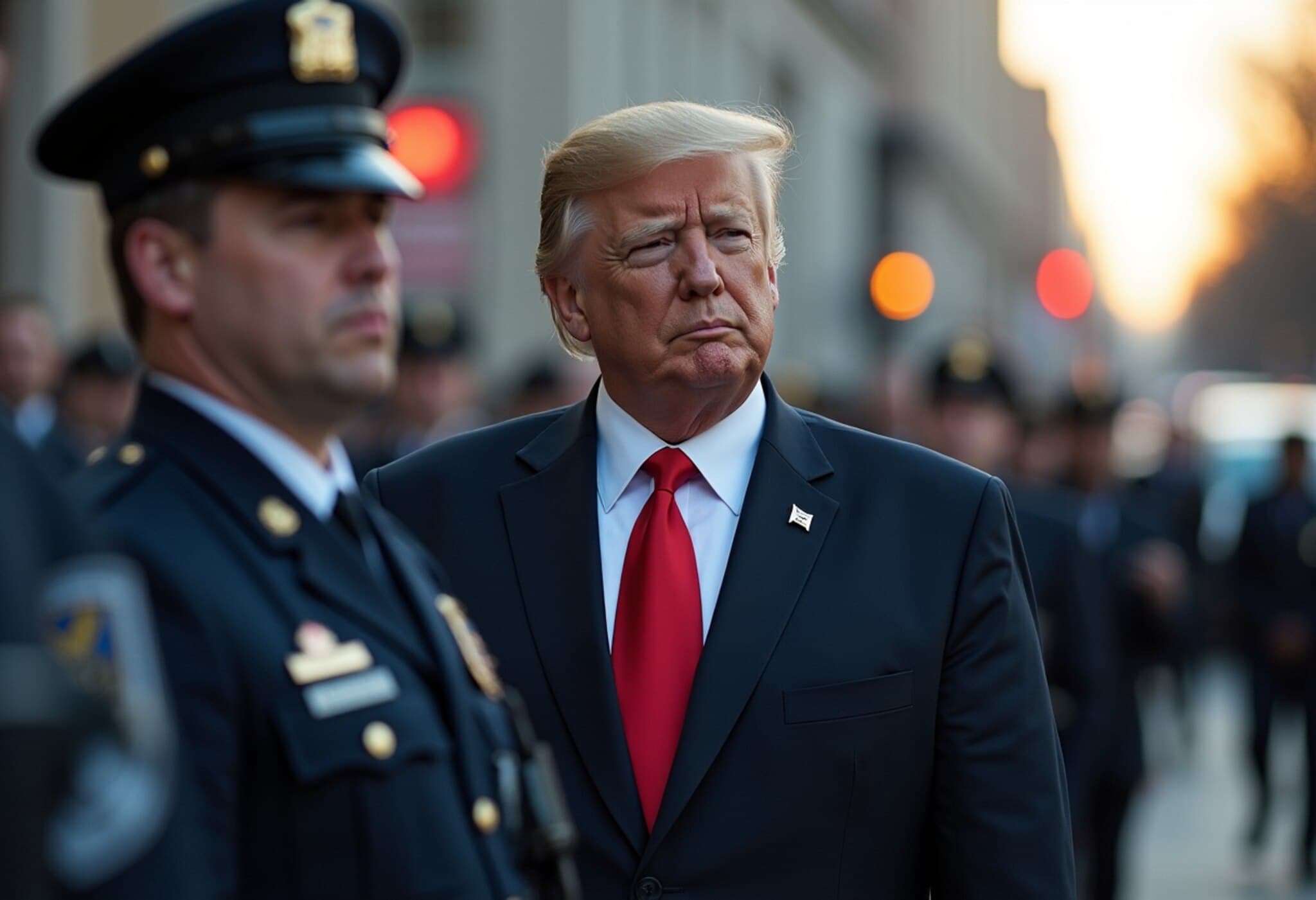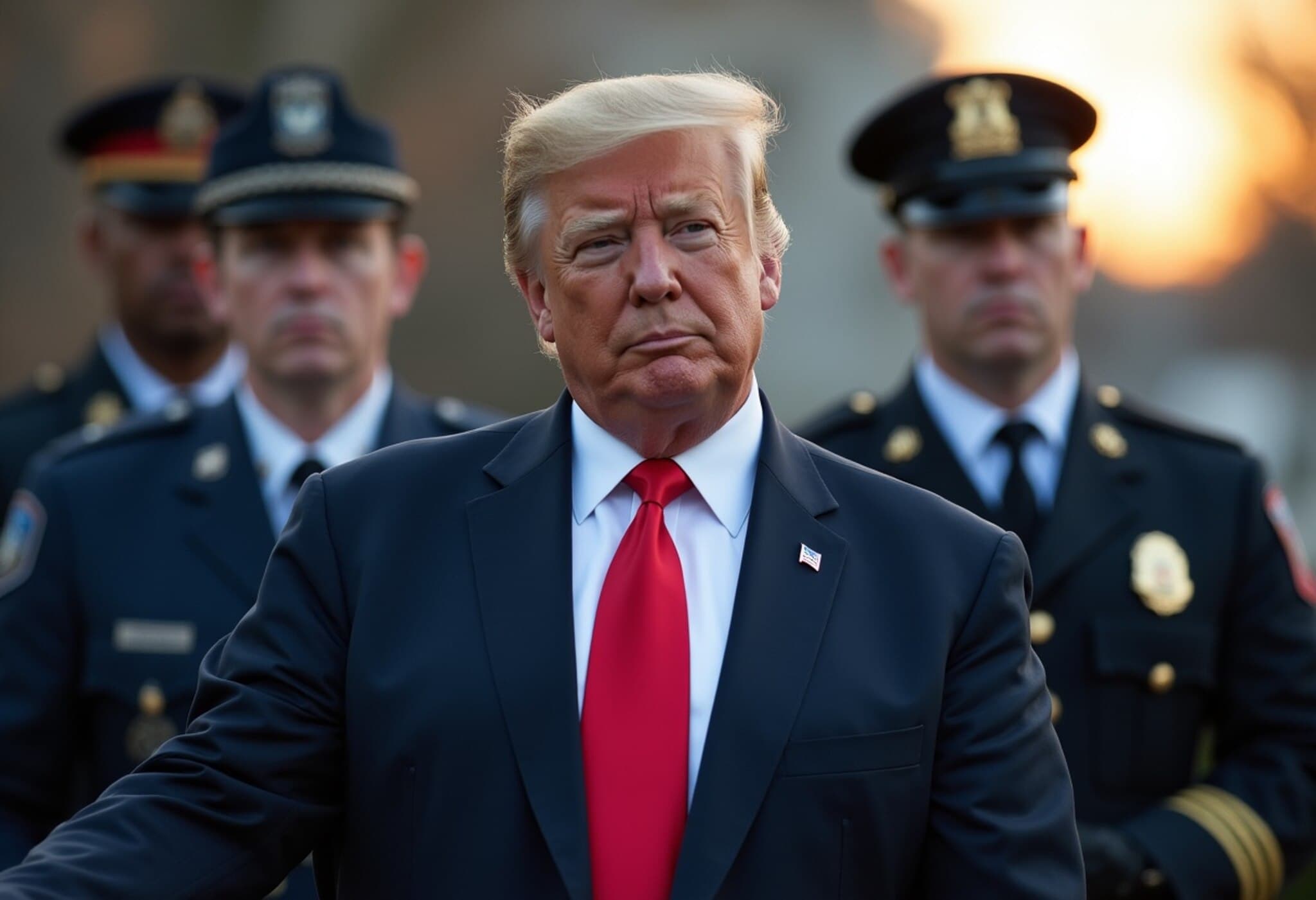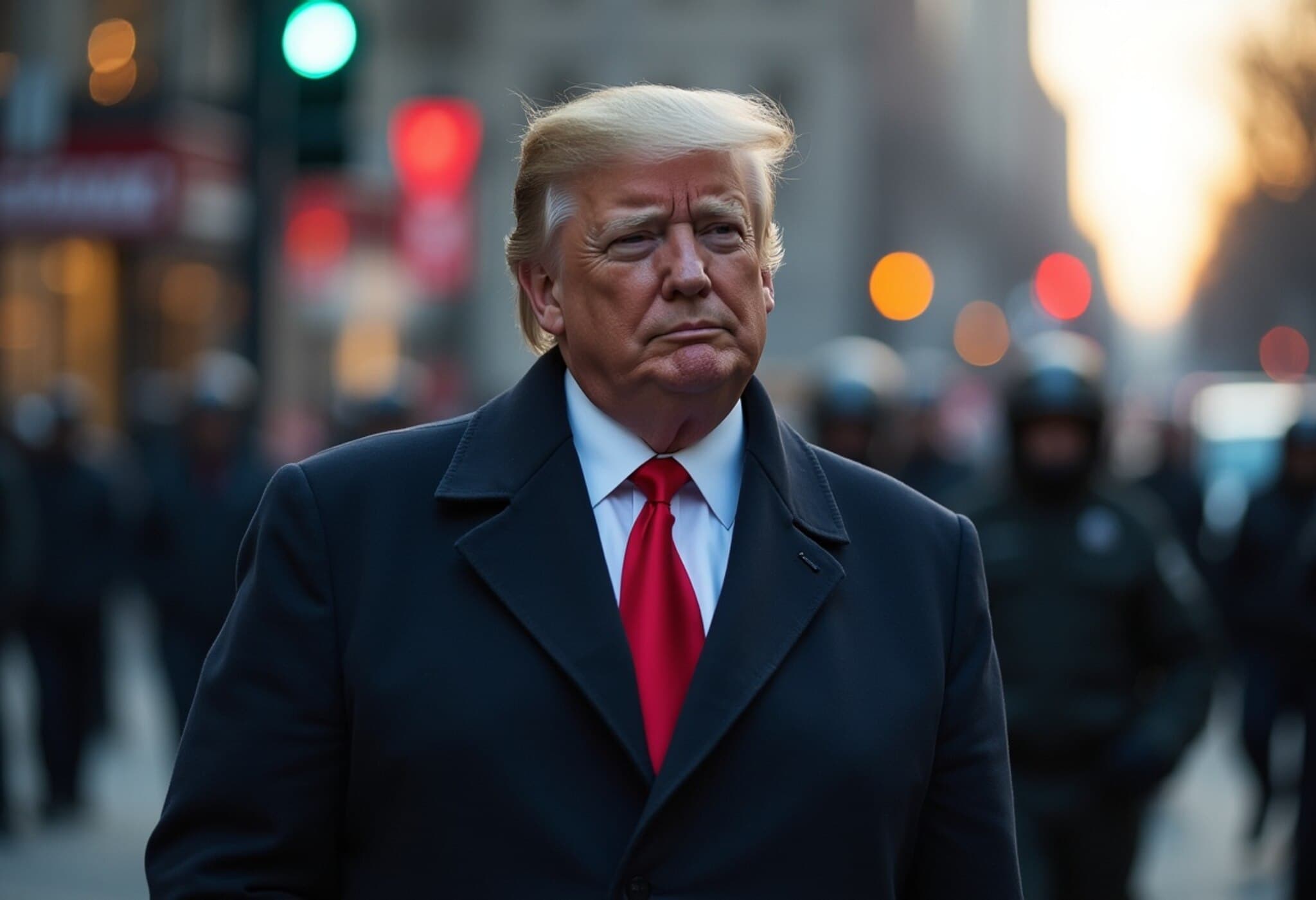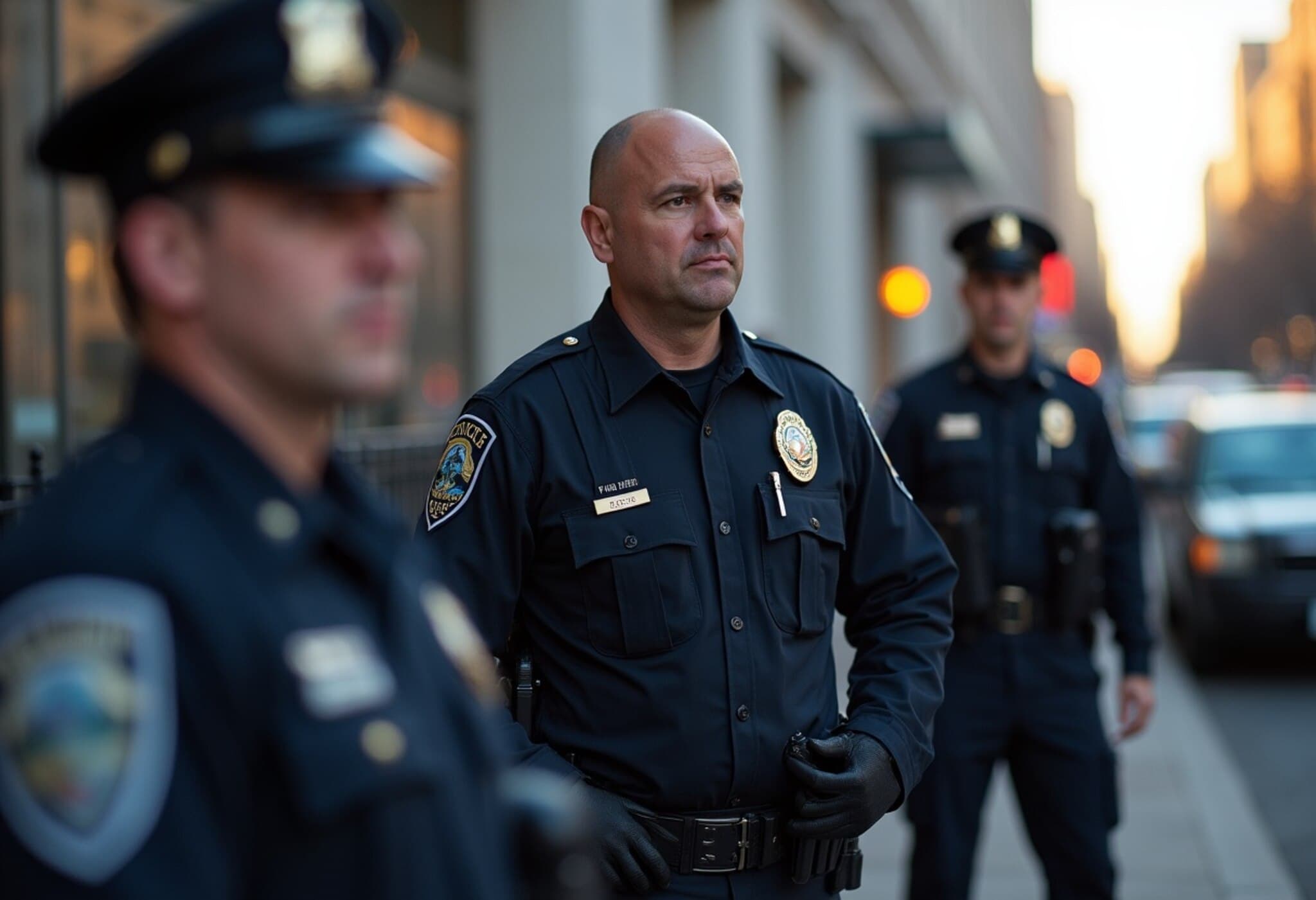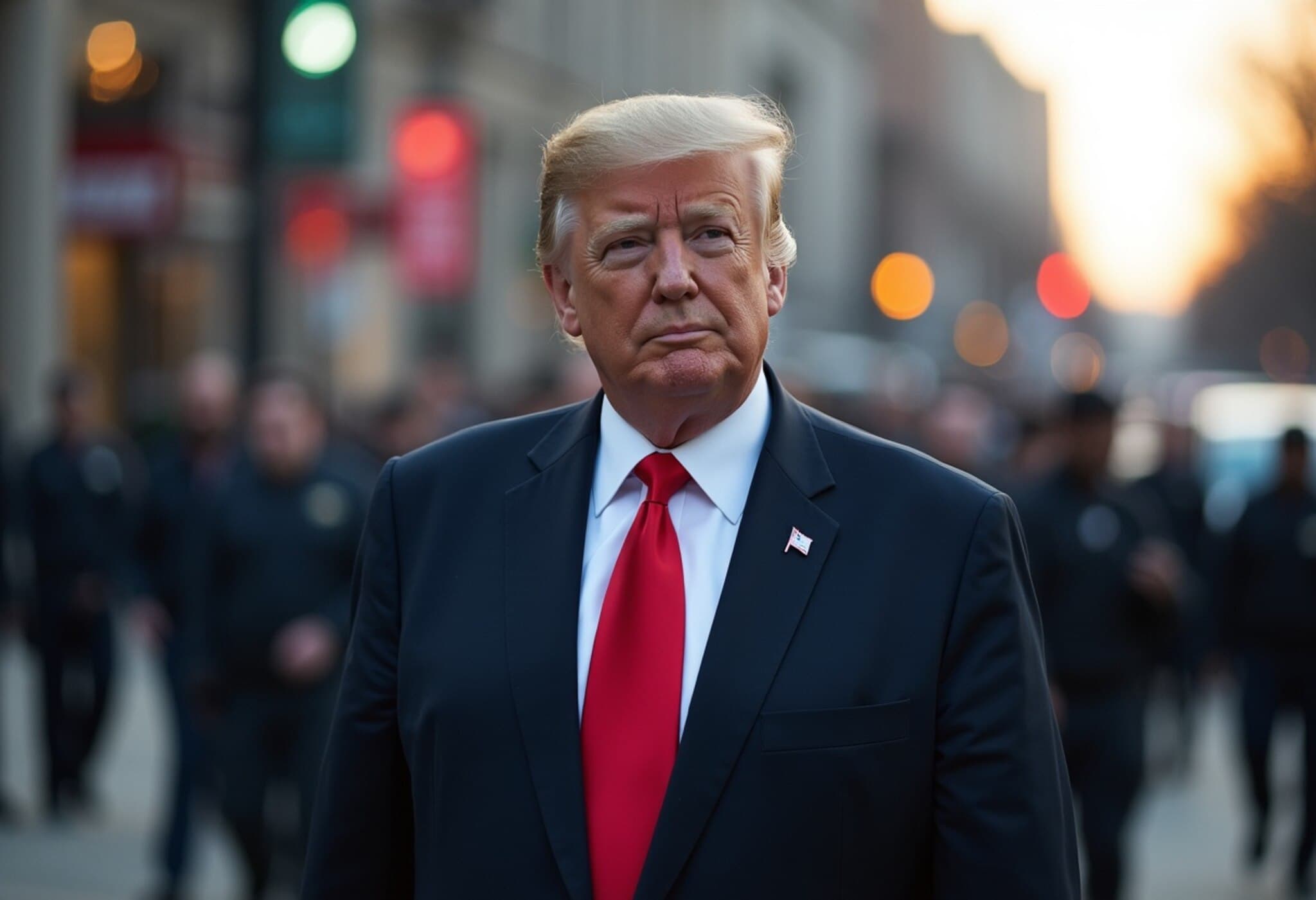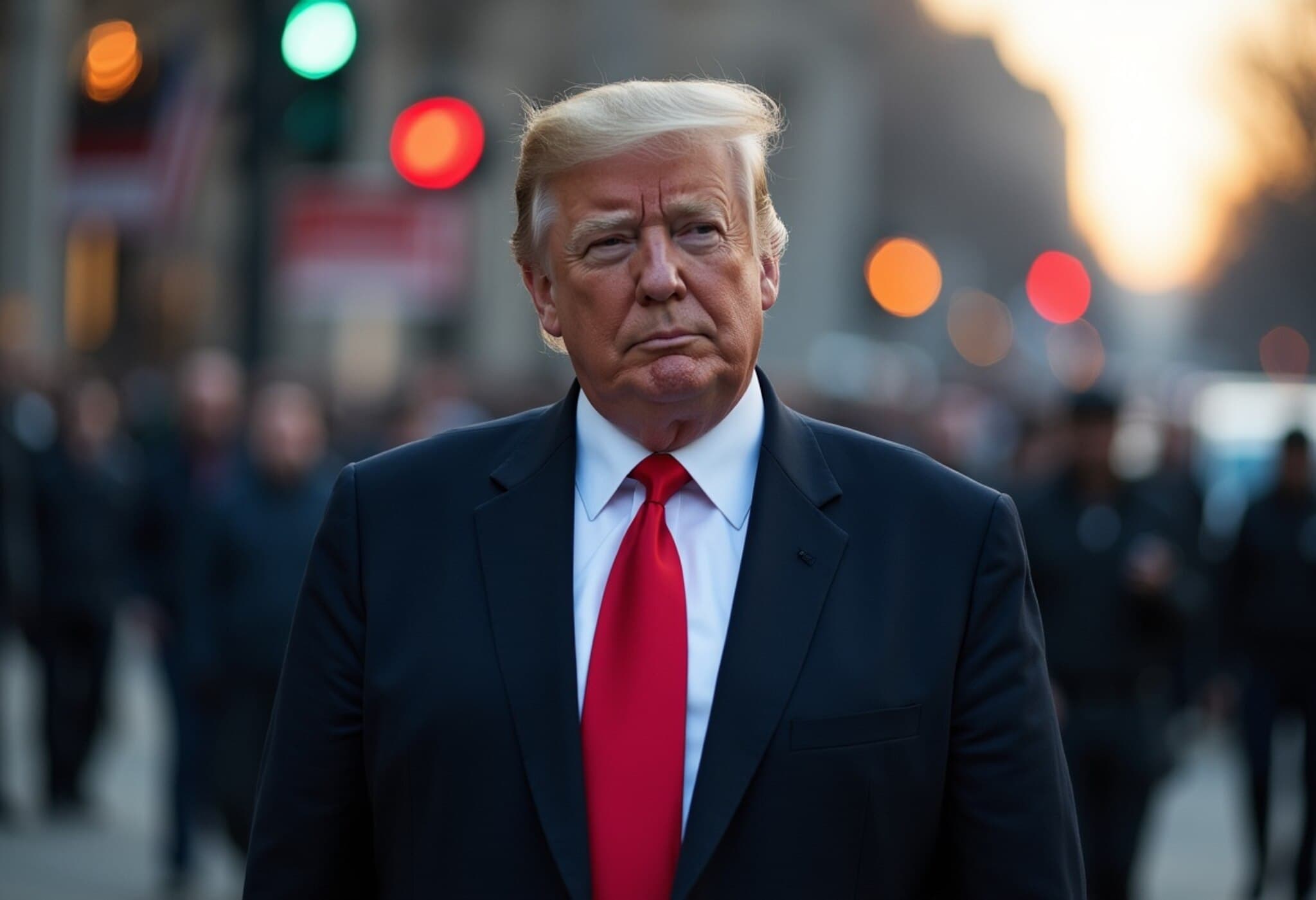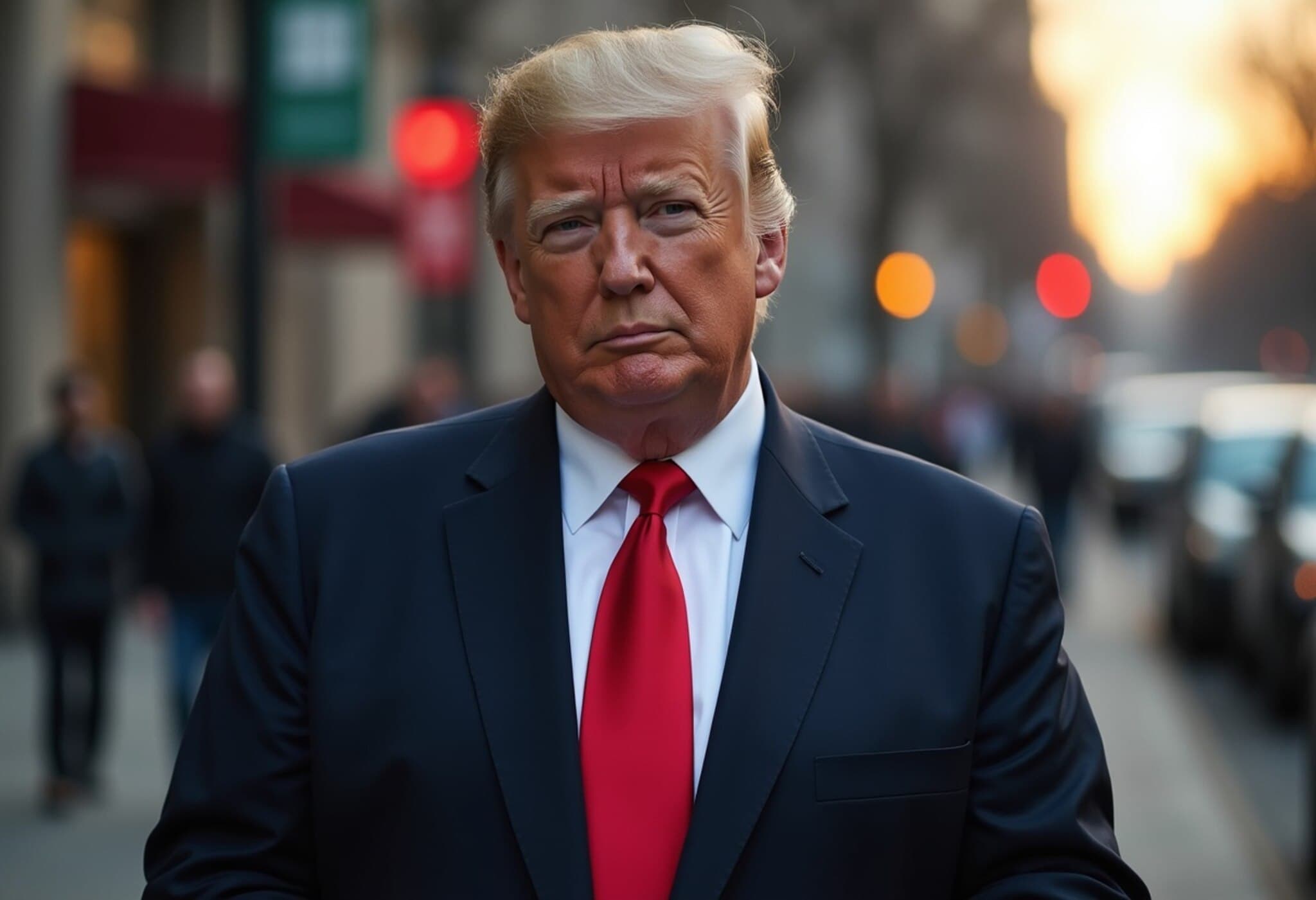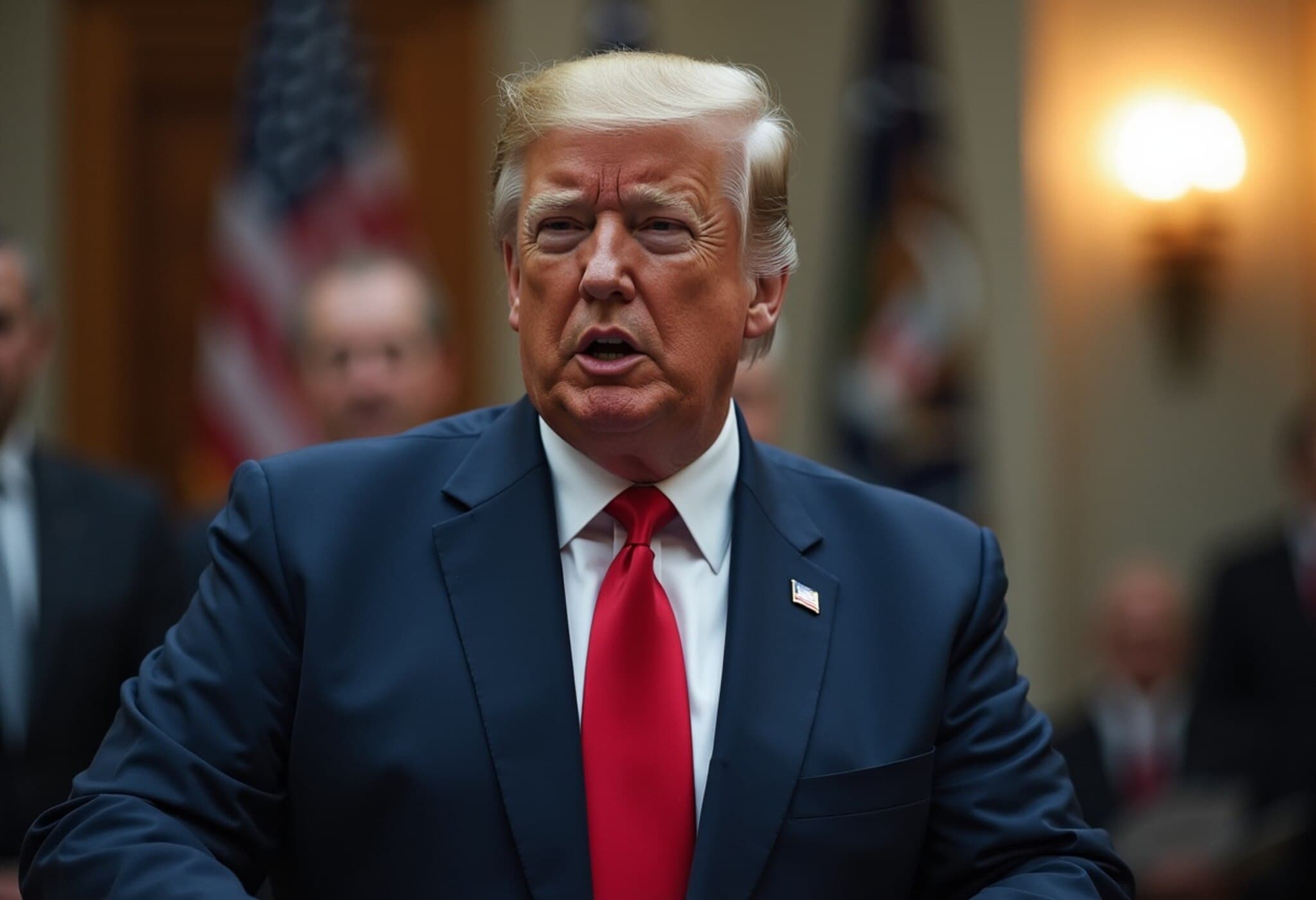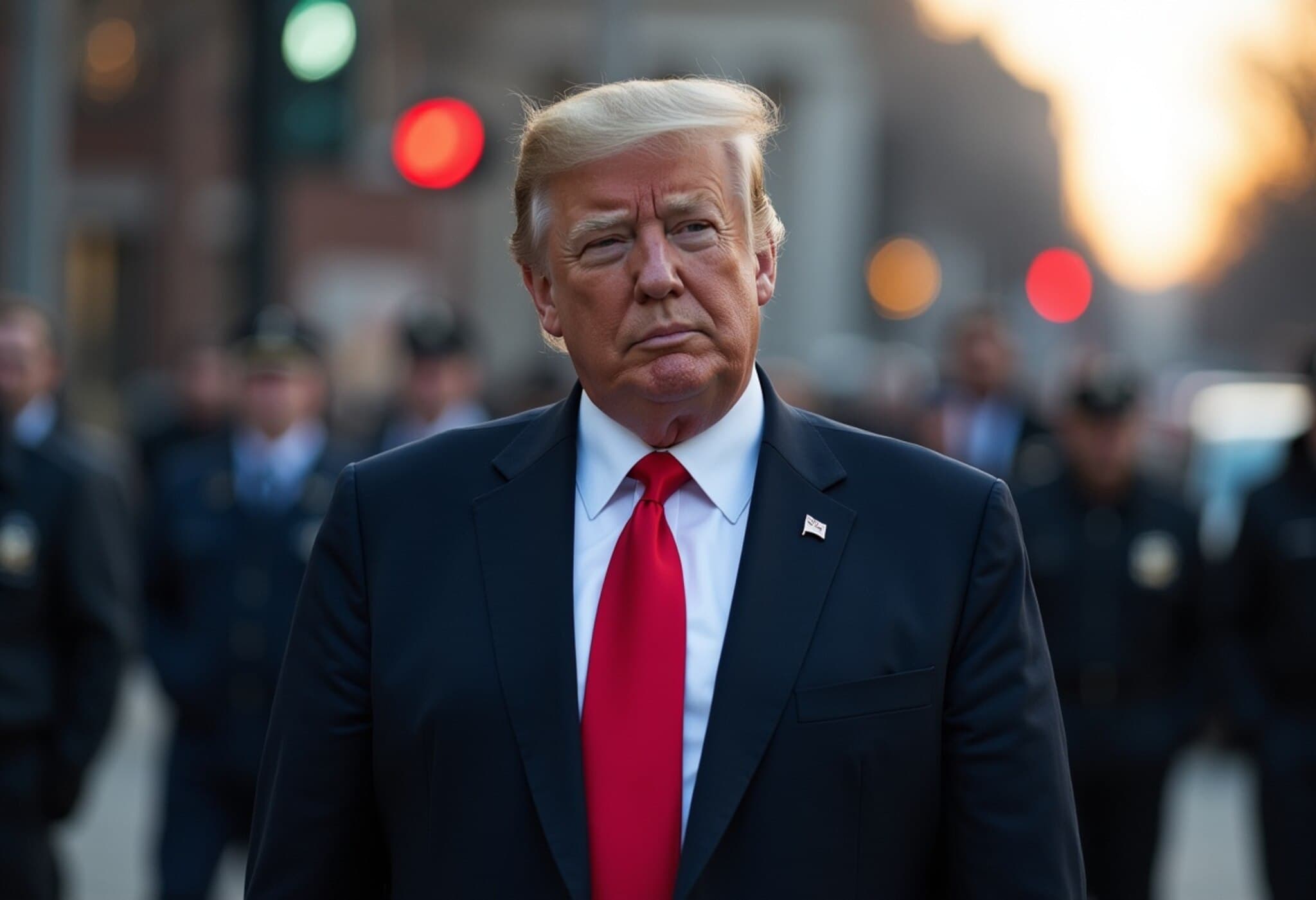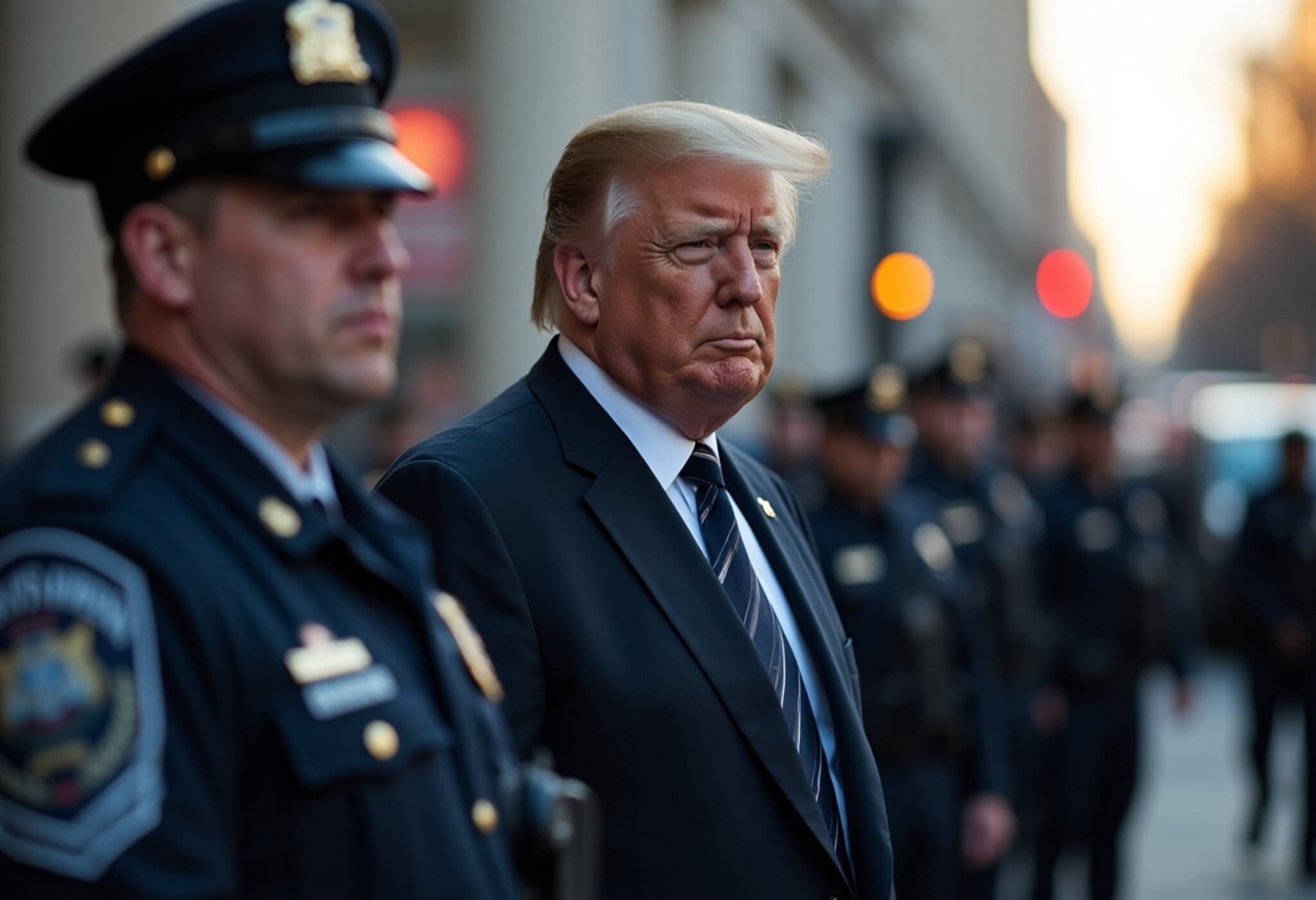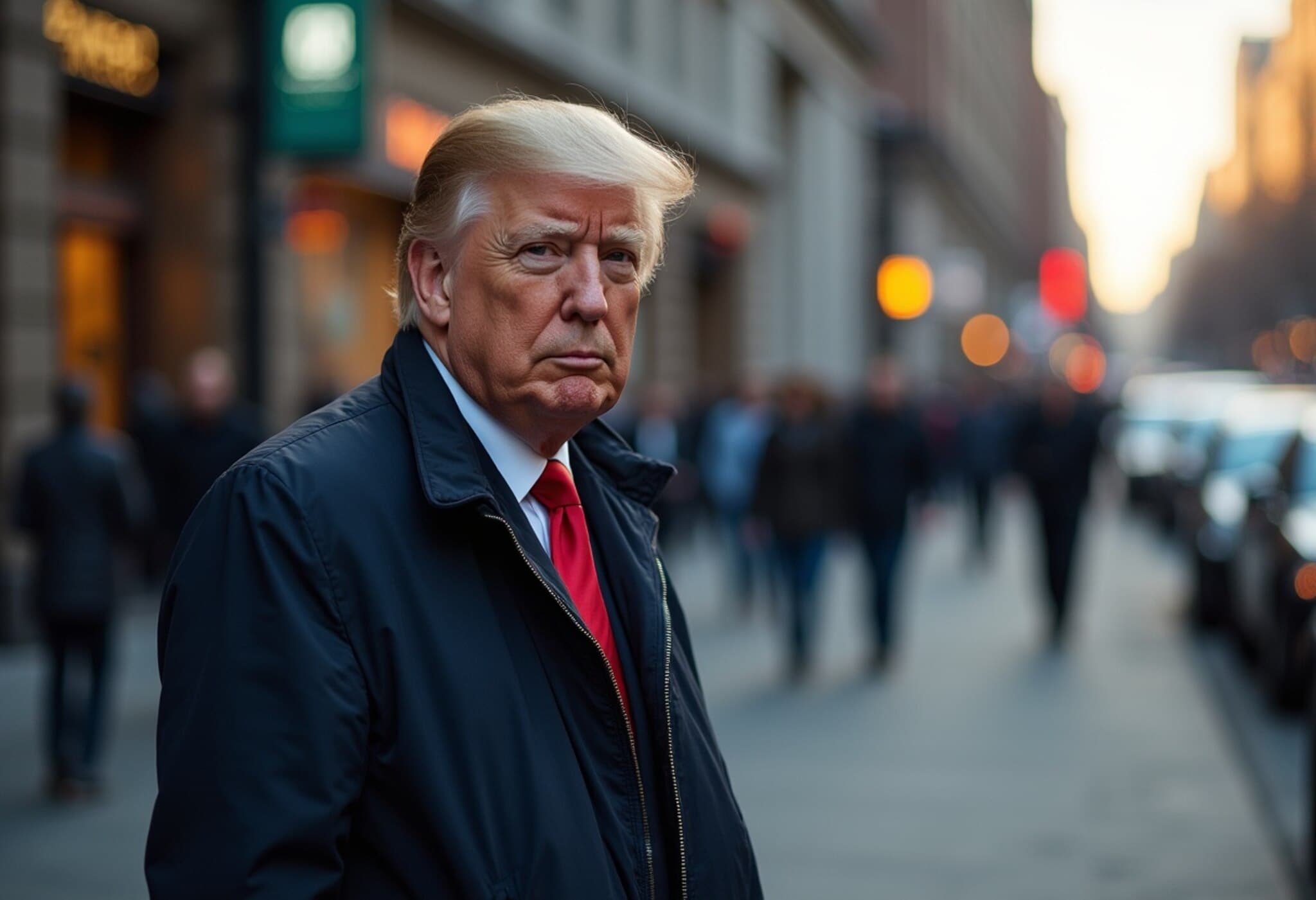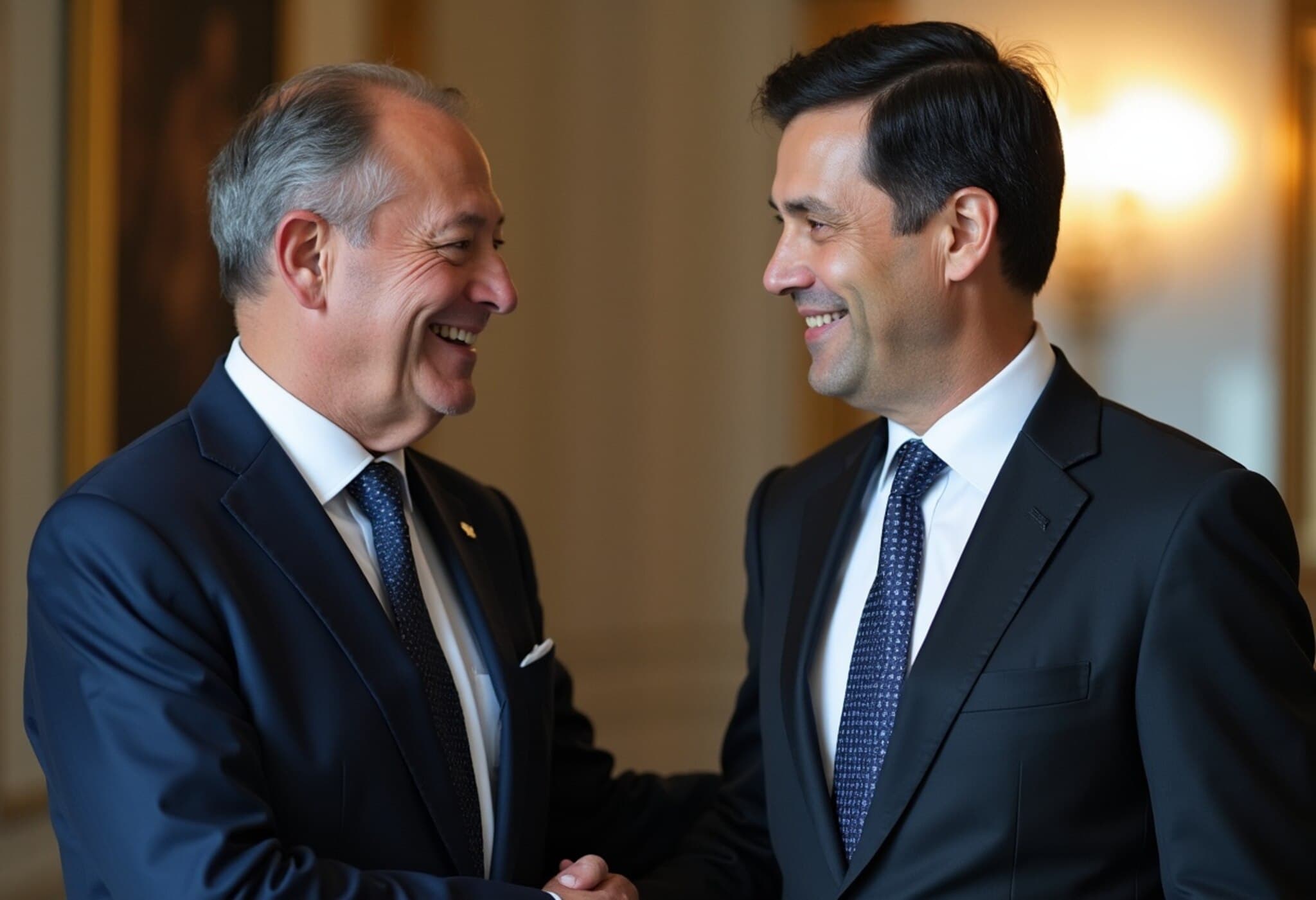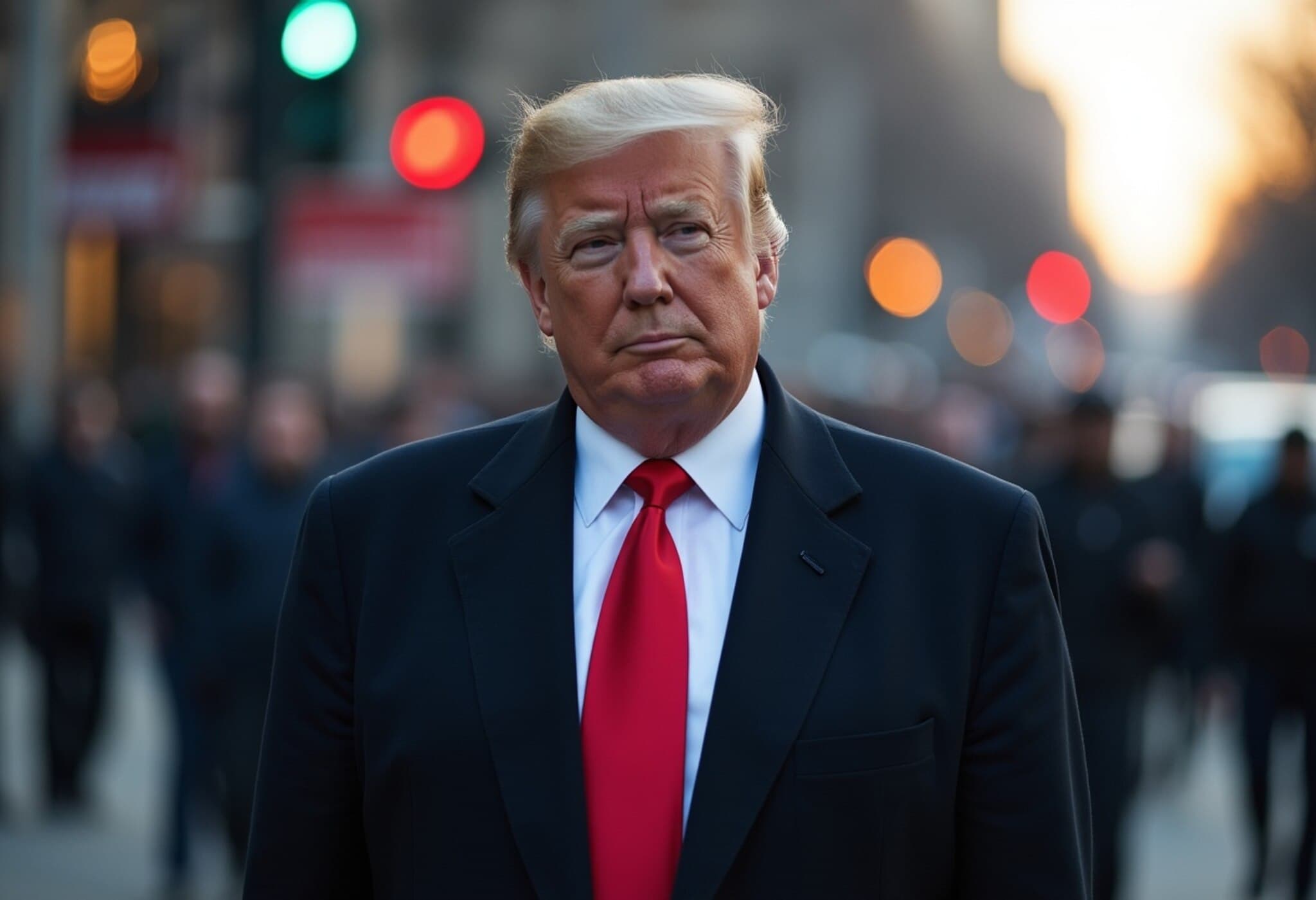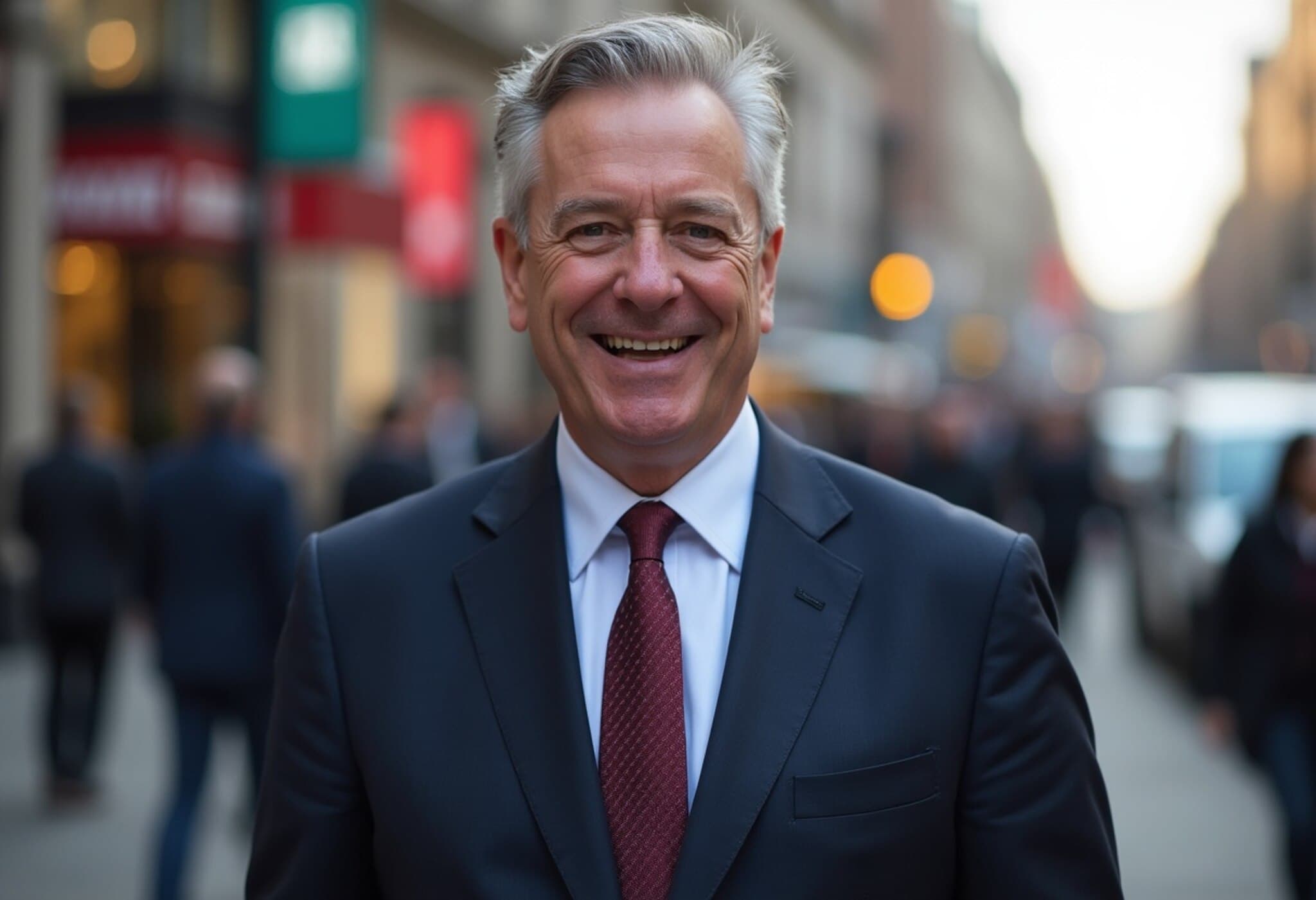National Guard Troops Blend Into Washington's National Mall Amid Political Debate
On a sunny Thursday in Washington D.C., nearly 2,000 National Guard soldiers clad in camouflage uniforms patrolled one of the capital’s safest and most iconic landmarks — the National Mall. Despite their military presence, the troops mingled effortlessly with tourists, posing for selfies and enjoying ice cream from the nearby food trucks, creating a striking yet somewhat surreal scene.
Deployment Under Debate: Crime Fighting or Political Posturing?
This considerable deployment, largely sourced from Republican-led states with approximately 1,200 personnel, is part of a federal initiative championed by former President Donald Trump to counter what he labels a “crime epidemic” gripping the nation. Yet, data and local reports contradict this narrative — recent official crime statistics in Washington D.C. illustrate a continued decline in overall crime rates.
These conflicting narratives have sparked sharp criticism from city officials. Mayor Muriel Bowser voiced strong concerns about the militarization of the city, describing the presence of uniformed troops as akin to having “an armed militia in the nation’s capital.” While soldiers were observed without weapons, Pentagon officials have confirmed these troops will soon be equipped with service-issued firearms.
The Soldiers’ Experience on the Ground
For the troops themselves, the mission seems low-key. Sergeant Fox of the West Virginia National Guard candidly described the deployment as “boring” and uneventful. Specialist Nevaeh Lekanudos echoed this sentiment, noting she hadn’t participated in any arrests and believed their presence primarily helped to free up local law enforcement resources.
Many soldiers carried standardized statements highlighting their mission to maintain Washington’s safety and aesthetic appeal. The National Guard operates under requests from police authorities, and their role mainly involves protecting federal properties and providing a visible law enforcement presence. Actual arrests and law enforcement actions fall to federal officers deployed in higher-crime neighborhoods.
Broader Implications: Militarization and Political Messaging
This deployment revives a longstanding debate over the militarization of domestic law enforcement—a charged topic in American law enforcement policy. Retired Major General Randy Manner expressed concern, calling this an unprecedented use of uniformed soldiers in a crime reduction role. He warned it could set a politically motivated precedent, with potential expansions of similar deployments to other major Democratic-controlled cities like Chicago and New York—outlooks Trump himself has hinted at.
Balancing these tensions, some residents and visitors welcomed the troop presence. Boston native Anu Pokharel, visiting monuments with family, described the scene as reassuring and contributing to a perception of cleanliness and safety within the city.
Expert Analysis and Context
From a policy standpoint, this militarized approach raises critical questions about the optimum role of National Guard forces in civilian urban contexts, especially amid political polarization. Traditionally, the Guard assists in natural disasters, emergencies, and rare civil disturbances. Their use in routine crime control blurs lines between military and police functions, potentially complicating civil liberties and community trust.
Furthermore, juxtaposing troop deployments with declining crime rates suggests the operation may be more about political signaling to specific constituencies than addressing real-time public safety threats. As cities nationwide confront complex social challenges, blending military presence into everyday policing risks escalating tensions rather than resolving root causes of crime.
Looking Forward
- Will future federal policies expand military deployments to other cities, and what safeguards will protect civil rights?
- How do local communities perceive these operations beyond official statements?
- What are the long-term impacts on local law enforcement morale and civilian trust?
These questions underscore the need for transparent dialogue between federal authorities, city leaders, and the public.
Editor’s Note
While National Guard troops patrolling peaceful areas may provide some visitors with reassurance, this highly visible deployment in Washington D.C. presents a nuanced picture. Beneath the surface lies a tug-of-war between security concerns and political theater, raising profound questions about militarization, community trust, and governance in America’s urban centers. As the situation evolves, keeping a watchful eye on both data trends and everyday realities will be crucial for balanced policy-making and public understanding.

